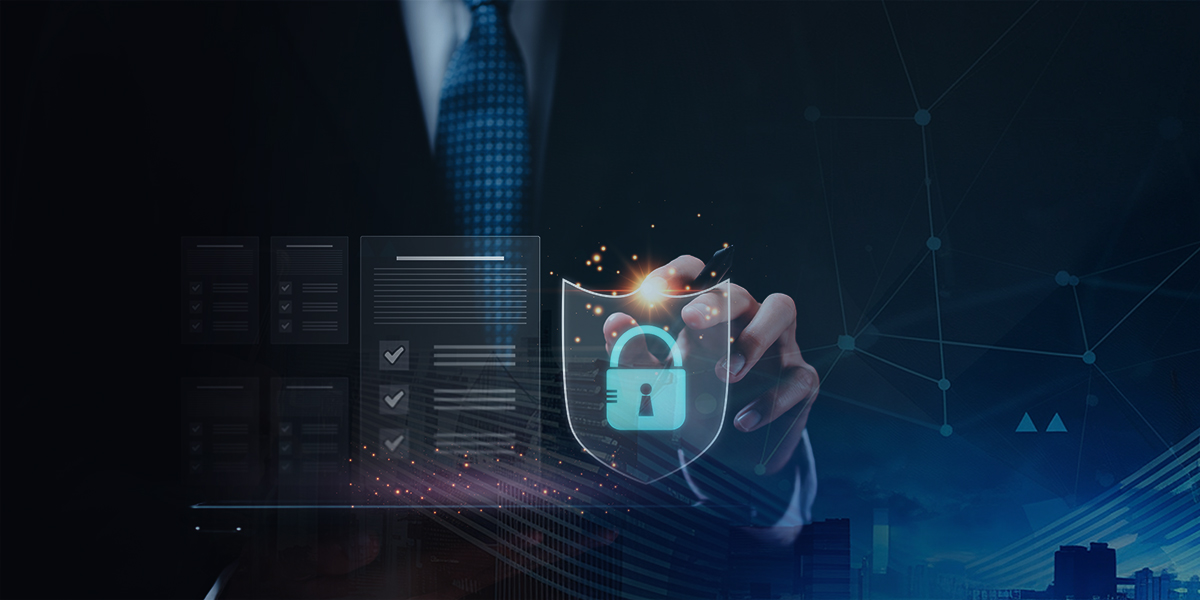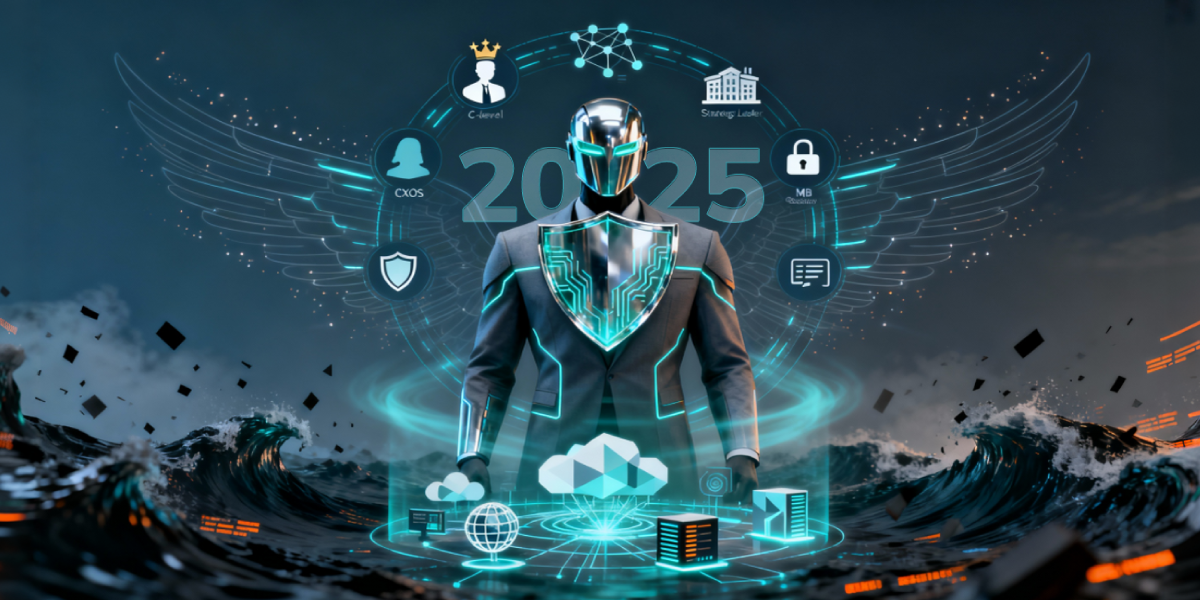The cybersecurity market is rapidly expanding across the world, estimated at $245.62 billion in 2024 and projected to reach $500.70 billion by 2030, growing at a CAGR of 12.9%. The market is driven by the highly destructive impact of cyberattacks, stringent penalties, litigation, and brand impairment caused by cybersecurity events. The huge demand for cybersecurity is an opportunity for many firms but they face several challenges in offering cybersecurity solutions to their customers.
Cybersecurity Development is Challenging
Vendors who enjoy customer access in the IT solutions market, either in the retail or enterprise space, can consider adding cybersecurity to their offerings but face challenges in developing cybersecurity solutions even if they are developers of other solutions. Developing cybersecurity that provides direct protection against cyberthreats such as ransomware requires several critical components that are difficult to create and maintain:
- Scan Engine
- Console
- Threat Lab
- Support
Scan Engine
The scan engine is the heart of any cybersecurity solution. The scan engine must possess several attributes:
- Real-time Scanning – The speed at which a cyberthreat can strike necessitates real-time scanning. An email attachment or file downloaded from the internet has to be checked as soon as a user attempts to open it
- Signature-based Analysis – The scan engine should be able to use malware signatures to identify threats. Definition updates, containing the signatures, should be provided multiple days a day by the developer to the scan engine to ensure protection against the latest threats
- Behaviour-based Analysis – The scan engine should be capable of analysing the behaviour of processes and identifying malicious activity to stop unknown and zero-day attacks where signatures are not yet available
- Decloaking – Threat actors attempt to hide their malware from cybersecurity solutions through cloaking and obfuscation. The scan engine should be capable of decloaking/deobfuscation to identify such malware
- Minimal False Positives – The cybersecurity solution should not identify genuine files as malware. False positives waste time and effort in investigation. The scan engine should be capable of accurate identification of threats
- Platform Support – The scan engine should be able to run on older versions of the operating system and not only on newer versions, to provide protection for legacy devices
The scan engine should be efficient and consume the least computing resources to avoid slowing down the device. The scan engine should also not cause applications to crash.
Creating such a scan engine is extremely complex, requiring extraordinary coding skills and platform knowledge. Very few cybersecurity vendors in the world have been able to develop a successful scan engine.
Console
In addition to the agent on every device that needs to be protected, enterprise cybersecurity solutions will also require a console to manage cybersecurity across all the protected devices. The console must possess several attributes:
- Flexible Hosting – The console should be capable of being hosted on-premises or through the cloud, to suit the customer’s requirements and compliance obligations
- Reliable Syncing – Protected devices must reliably sync with the console for effective cybersecurity management
- Scalability – The console should be able to support business expansion by remaining stable even when the number of protected devices increases
- Upgradability – The console should be capable of being upgraded without interrupting cybersecurity management or requiring rollback due to glitches
- Intuitive Interface – The console should be easy to use, to reduce the time and effort required for cybersecurity management and to avoid emergence of gaps in cyber defences due to complex configuration
- Flexible Licensing – The console should be able to manage agent allocation across multiple locations without requiring consoles/licenses for each location
The console’ configuration should also be capable of being backed up and, in case of on-premises deployments, the console should support installation on any machine in the network for deployment flexibility. Developing such a console can be very challenging for organisations that do not specialise in cybersecurity technology development.
Threat Lab
Over 450,000 new cyberthreats are registered every day. These threats will need to be collected, analysed, and have signatures developed that can be supplied to the scan engine for threat identification. This requires
- Sample Collection – Threat samples must be acquired from around the world from various sources, including endpoint telemetry, decoys, honeypots, malware exchanges, and universities
- Analysis – Static and Dynamic analysis of cyberthreats
- Safety Standards – Policy and technology measures to prevent threats leaking from the lab
In addition to infrastructure, a threat lab will need qualified researchers to analyse the cyberthreat samples. Building such infrastructure and attracting and retaining specialised talent can both be challenging.
Support
Any technology solution requires customer support and cybersecurity is no exception. Cybersecurity solutions analyse every aspect of a device and therefore could potentially interfere with the normal functioning of a device and deliver poor customer experience. Support costs can skyrocket if the solution is glitchy and irate customers frequently contact the support centre. Creating cybersecurity solutions that are powerful while minimising support costs can be challenging.
Overcome Cybersecurity Development Challenges with K7 OEM Solutions
Firms that wish to leverage their market access to offer cybersecurity solutions to their customers, or integrate cybersecurity into their software products, do not need to develop their own cybersecurity technology. Instead, they can partner with K7 to offer K7’s cybersecurity technology to their customers.
Collaboration Models
K7 offers two collaboration models to suit the requirements of our partners and their addressable market:
- SDKs – Software Development Kits for technology integration
- White Label – Shrink-wrapped cybersecurity solutions for rebranding
SDK
K7’s SDKs enable our partners to integrate K7’s award-winning and certified technology into their solutions, such as endpoint products, gateway scanners, mobile apps, managed services offerings, and parental control applications.
K7’s SDKs include
- K7 Anti Malware SDK – Protection against all types of malware with support for archival and installer formats; fuzzy detection algorithms to identify malware variants; obfuscation identification; APIs to scan objects from arbitrary sources; multi-thread, multi-core support; differential updates to minimise bandwidth; and code samples to reduce integration time
- K7 Web Filtering SDK – AI-based automated URL classification; advanced multi-class Machine Learning algorithm; deep webpage analysis; smart language detection; light-weight cloud lookup network protocol; cloud-based Antispam detection with frequent automatic updates; smart local cache; 65 website categories
Partners can directly interact with the engine development team for easy integration, and receive rapid response to queries.
White Label
Partners who do not wish to develop cybersecurity solutions can offer K7’s solutions under their brand, combining the breadth of their market access with the depth of our technology expertise.
In addition to providing deployment-ready cybersecurity solutions, K7 supports partners with marketing collateral and technical demonstrations during the pre-sales, sales, and post-sales stages of the sales cycle.
Advantages of Partnering with K7
Partnering with K7 to provide K7’s technology, either through SDKs or white labelling, provides partners with several advantages. K7’s credentials include:
- Technology that has been proven in many real-world deployments, from a cybersecurity provider with over 30 years’ expertise
- Cybersecurity leader that is one of a few companies in the world to have developed a proprietary scan engine
- Anti-ransomware pioneer, with patent-pending Deception Technology that can even stop remote ransomware
- Multi-layered, AI-enhanced, real-time cyberattack protection incorporating both signature- and behaviour-based analysis
- International award-winning products
- Protection that does not slow down devices, proven by the World #1 ranking in the Performance Test conducted by AV-Comparatives
- Threat lab that analyses hundreds of thousands of threat samples daily and distributes multiple definition updates every day
- Scalable, upgradable console that can be hosted on-premises or in the cloud and supports flexible multi-location licensing
- Minimal support calls with associated cost reduction, as K7’s solutions have a user-friendly interface and are designed to be easy to install and use
- Platform support that extends to Windows XP, increasing the addressable market size and enabling partners to provide cybersecurity solutions to users and organisations with legacy devices
K7 OEM Solutions provides an easy and cost-effective way for technology solution providers to expand their portfolio by offering cybersecurity solutions without the challenges of development, and reducing time to market. Contact Us to learn more about how we can help you gain a greater slice of your customers’ IT budget and enhance your brand with proven cybersecurity technology.










